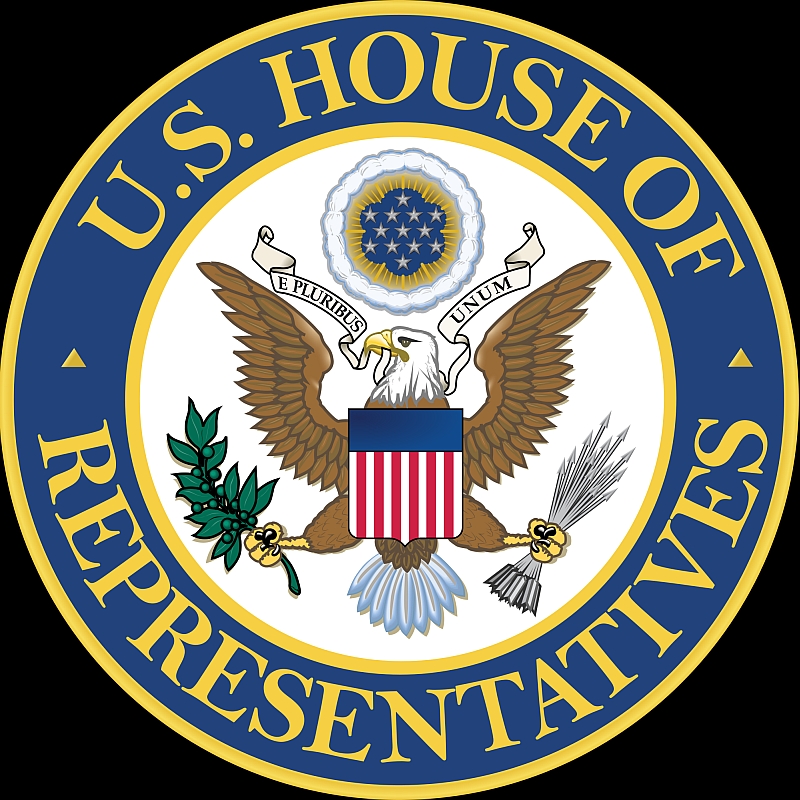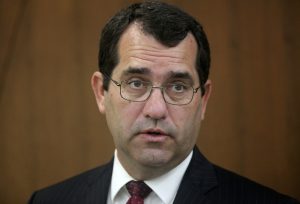Marshall Joins in Introducing Rural Hospital and Provider Relief Legislation During Coronavirus Outbreak

Washington, D.C. – This week, U.S. Congressman Roger Marshall, M.D., joined a bipartisan group of colleagues in introducing H.R. 6365, the Immediate Relief for Rural Facilities and Providers Act of 2020, which would address the critical operational challenges facing rural hospitals and health care providers during the novel coronavirus (COVID-19) outbreak.
According to the latest reports from the Kansas Hospital Association, 84 percent of the 107 rural hospitals in Kansas are at financial risk. Nationwide, over 100 rural hospitals have closed in the last ten years and the COVID-19 outbreak significantly threatens their ability to keep their doors open in the immediate future as the cancellation of office visits, suspended elective surgeries, and other services continues. Federal and state governments have suspended elective surgeries and other services to ensure resources are allocated where they are most needed.
“The COVID-19 outbreak will further accelerate the closure of rural hospitals and threaten the stability of our health care provider groups if we don’t extend financial relief now,” said Rep. Marshall. “In order for Kansas physicians and other health care professionals to continue to play a critical role providing quality care to our communities during public health emergencies, they need to be able to pay their employees and buy necessary supplies to treat patients.”
The Immediate Relief for Rural Facilities and Providers Act of 2020 would:
- Provide immediate relief for critical access hospitals and other rural hospitals in the Prospective Payment System in the form of one-time grants and increased payments under Medicare.
- Provide immediate relief for health care providers (i.e. independent physician practices, ambulatory surgery centers, and more) in the form of a one-time grant and the bill would also provide low interest loans under the Small Business Administration.
This bill is a companion to Senate legislation introduced by Senators Michael Bennet (D-CO) and John Barrasso (R-WY).









